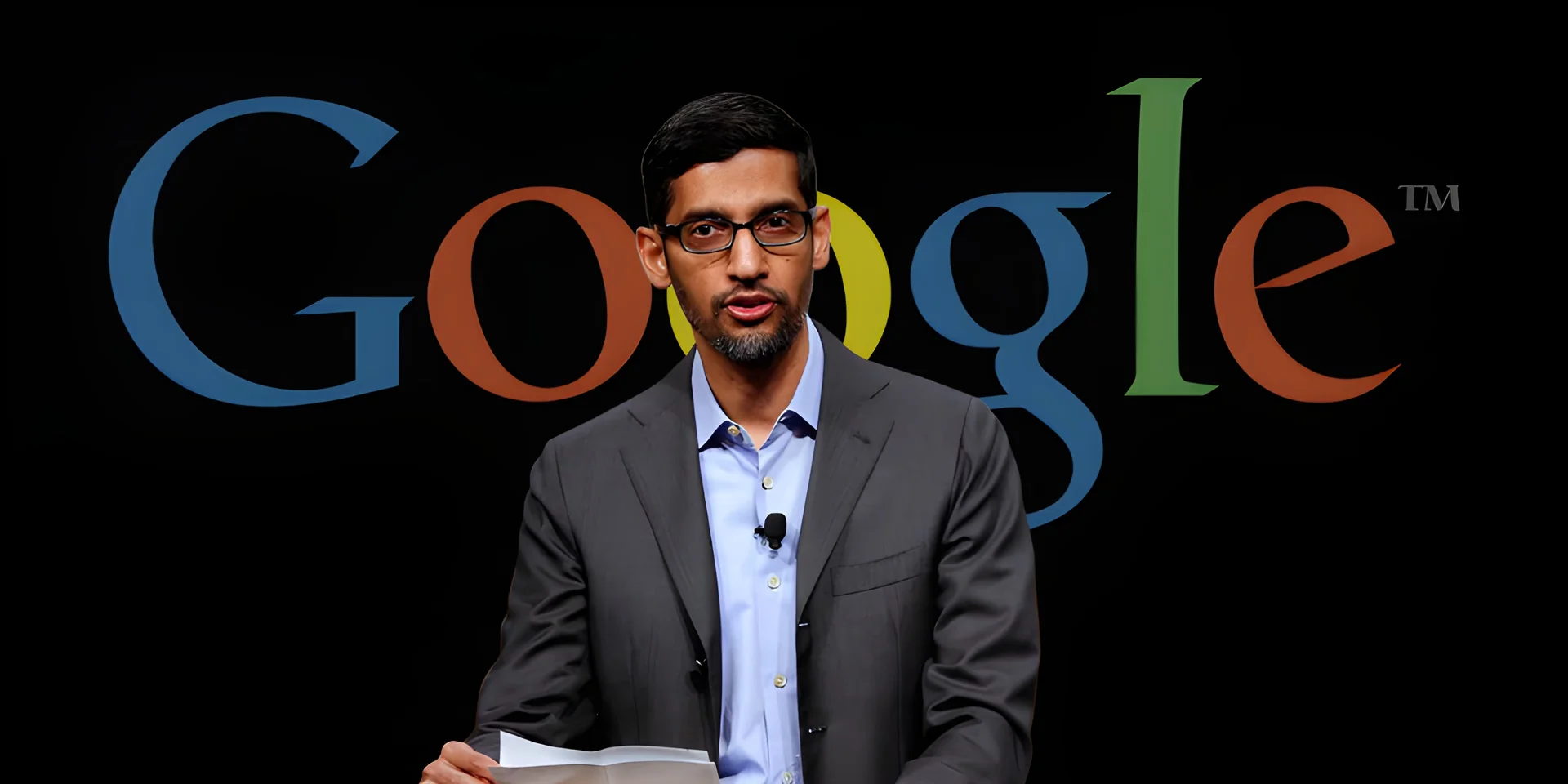The Article Tells The Story of:
- Employee Dissatisfaction: Google CEO Sundar Pichai faced morale issues and disconnect with staff despite strong earnings.
- AI Struggles: Google faced setbacks with AI product launches but improved its Gemini AI lineup.
- Legal Issues: Google encountered significant antitrust challenges, including DOJ investigations.
- Leadership Shake-Up: Pichai reshuffled leadership to address internal pressures and focus on AI development.
Sundar Pichai Faces Challenging Year as CEO of Google
In 2024, Google CEO Sundar Pichai confronted some of the toughest challenges since taking over the role in 2015. Despite impressive earnings reports and continued revenue growth, Pichai’s leadership was questioned by both employees and external observers. Tensions escalated as Google faced setbacks in artificial intelligence (AI) development, internal management issues, and regulatory challenges.
Internal Morale and Employee Concerns
Google’s financial performance was strong, with the company experiencing revenue growth in key sectors like search ads and cloud services. However, internal feedback from employees painted a different picture. In an all-hands meeting in April, employees expressed dissatisfaction over the company’s leadership. They voiced concerns about low morale, distrust, and a lack of meaningful compensation increases, despite the company’s strong financial performance.
One employee’s comment, which received significant attention internally, criticized the disconnect between leadership and the workforce. The comment highlighted concerns about the loss of trust and the need to address these issues for the company’s long-term success. Google has struggled to regain the confidence of its employees, especially as it moved toward cost-cutting measures and workforce restructuring.
AI Setbacks and Competitive Pressure
Google’s AI strategy faced significant challenges. The company, which once dominated the search market, had to catch up with the rapid advancements of competitors like Microsoft and OpenAI. The AI race intensified after the release of ChatGPT in late 2022, with Microsoft introducing Copilot and Meta launching its own AI products. As a result, Google’s market share in search advertising is projected to fall below 50% in 2025, marking a major shift in the industry.
Check Out similar Article of Google’s New Updates: Gemini AI and Pixel Smarts Published on December 5, 2024 – SquaredTech
To compete, Google launched several AI products under the Gemini brand in 2024. While many of these offerings were well-received, some were met with criticism due to significant flaws. The launch of Imagen 2, an AI tool that generated images based on user prompts, was quickly pulled after users pointed out historical inaccuracies. Similarly, the AI Overview tool, which provided AI-generated summaries on Google search results, received backlash for offering absurd and incorrect information, such as recommending people eat rocks for health benefits.
Despite these setbacks, Google continued refining its AI tools. The company relaunched Imagen 2 as Imagen 3 after addressing user concerns and quickly rolled out improvements to AI Overview. These efforts helped restore some faith in Google’s ability to deliver AI products that could compete in the fast-evolving tech landscape.
Regulatory and Legal Battles
In addition to internal challenges, Google faced its most significant regulatory hurdles in years. In August, a U.S. federal judge ruled that Google had violated antitrust laws by maintaining a monopoly in the search market. The Department of Justice (DOJ) has since called for Google to divest its Chrome browser unit, marking a major turning point in the company’s history.
Check Out similar Article of Antitrust Showdown: Google Defends Its Search Dominance Published on December 22, 2024 – SquaredTech
The DOJ also filed a separate case accusing Google of dominating the online ad technology market, with a ruling expected soon. Google’s troubles didn’t end there—an October ruling forced the company to allow alternatives to its Google Play app store for Android devices. These legal battles, coupled with the company’s ongoing efforts to fend off antitrust accusations, added pressure to Pichai’s leadership.
A Shift in Leadership and Vision
Amid these external and internal pressures, Pichai made some strategic changes to the company’s leadership structure. In October, Google replaced longtime search chief Prabhakar Raghavan with Nick Fox and moved the Gemini AI division to Google DeepMind under Demis Hassabis. These changes were intended to streamline operations and strengthen the company’s focus on AI development.
While some employees praised the leadership changes, others felt the moves were overdue. There was a growing sense of dissatisfaction within the workforce, particularly as the company implemented cost-cutting measures, including layoffs. Google had already laid off 12,000 employees in 2023, and additional job cuts were expected in 2024 as part of its ongoing effort to optimize spending.
Conclusion: Will Pichai’s Vision Lead Google Forward?
As Google continues to face a range of challenges, Pichai’s leadership is under intense scrutiny. While the company’s performance in areas like cloud services and AI development remains strong, employee morale is low, and regulatory pressures are mounting. Pichai’s efforts to reinvigorate Google’s culture and leadership structure may help address some of these issues, but it remains unclear whether he can fully restore the company’s internal cohesion and external competitiveness in the years to come.
As Google enters 2025, Pichai’s ability to balance innovation with internal stability will be crucial for the company’s future success.


